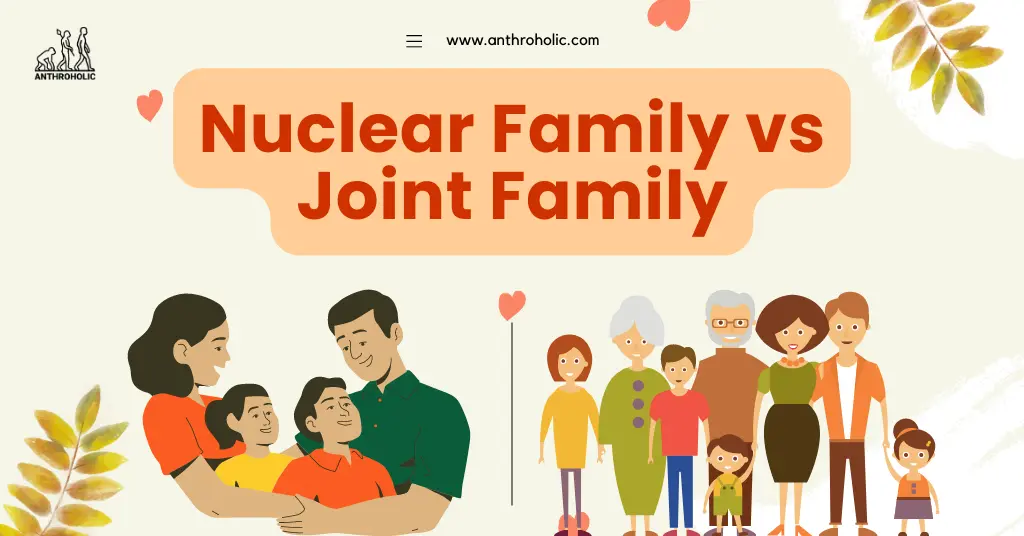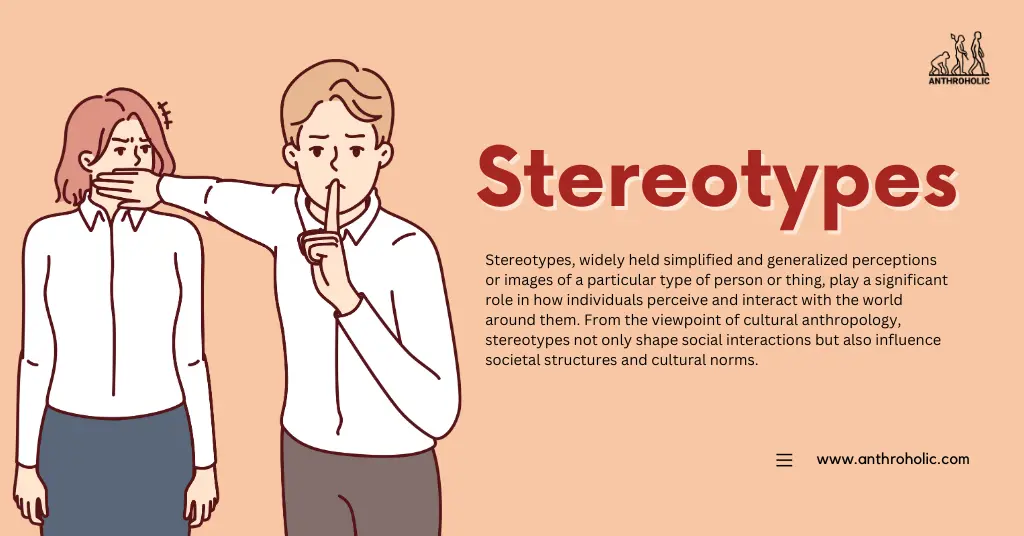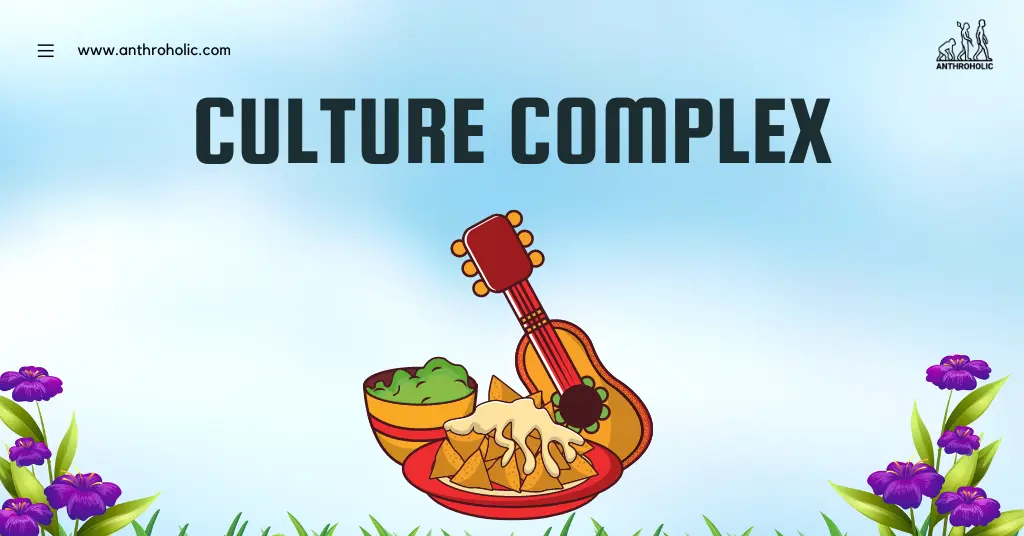AI Answer Evaluation Platform Live Now. Try Free Answer Evaluation Now

Principles Governing Production Distribution and Exchange in Various Communities
Anthropologists have long studied the diverse methods employed by different communities to manage resources. They focus on the principles that govern the production, distribution, and exchange of resources, aiming to understand the cultural norms, economic systems, and societal structures that underpin these processes.










